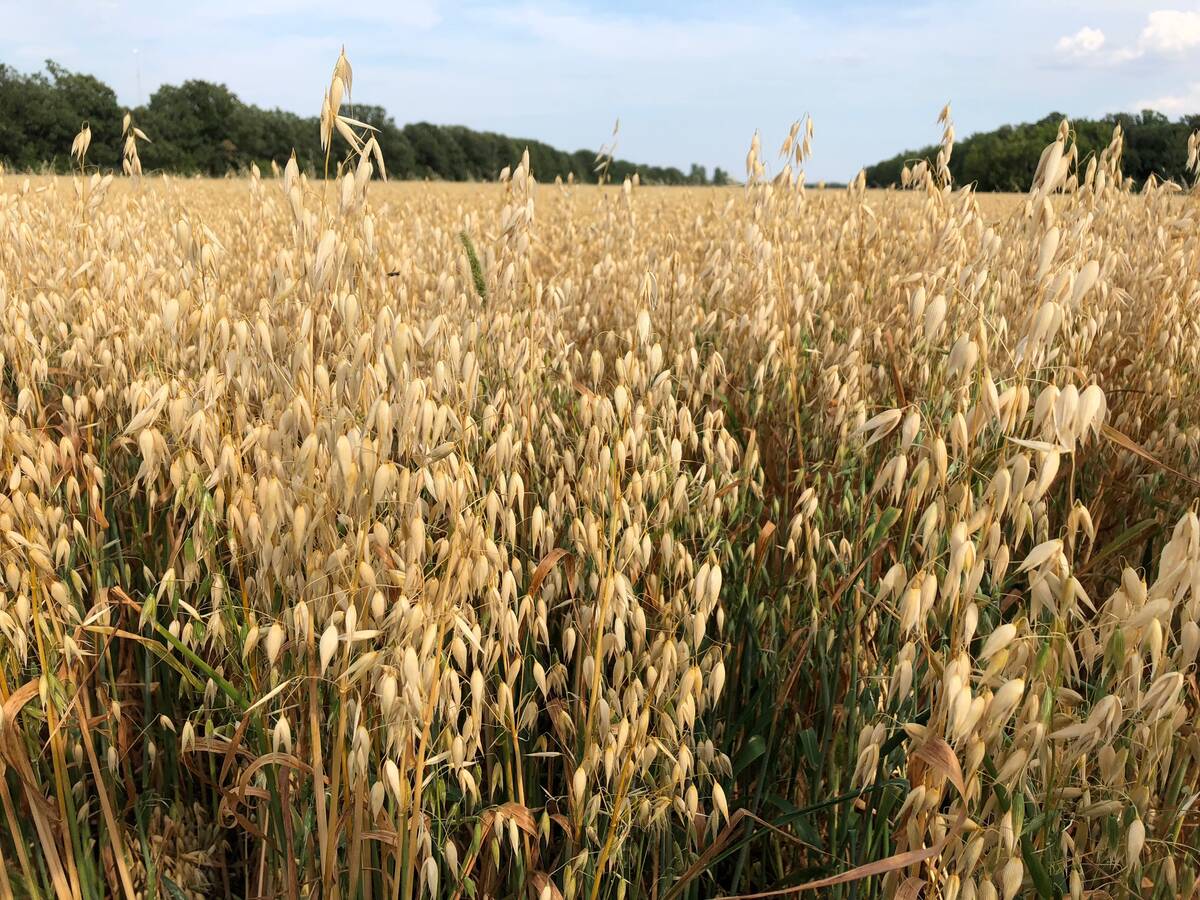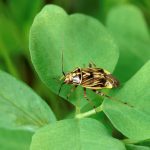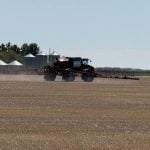Two potato fields on separate farms on Prince Edward Island are under quarantine after the presence of potato wart was confirmed Thursday.
The Canadian Food Inspection Agency didn’t say specifically where the fields are, nor whether they’re near where the wart fungus was discovered in separate cases in 2000 and 2007.
On top of the quarantine, CFIA said it’s now carrying out "additional control measures as part of Canada’s potato wart long-term management plan" such as controlling the movement of equipment and soil and cleaning and disinfecting machinery to prevent the disease from spreading off the fields.
Read Also

Big oat crop in 2025/26 pointing to less acres next year
Oat acres in Canada are likely to recede this spring with cash prices to remain low, said Scott Shiels, grain procurement manager for Grain Millers Canada in Yorkton, Sask.
Any potatoes produced in the fields will be destroyed, the agency added.
The soil-borne wart fungus, Synchytrium endobioticum, can remain dormant yet viable for decades in resting spores, then attack the growing points on a potato plant, such as its eyes, buds and stolon tips.
Galls form at the base of the stems of infected plants; small warts can also form on aerial buds at the stem base. The eyes of infected tubers develop pulpy galls that resemble cauliflower.
Potatoes disfigured by wart are rendered unmarketable, though the disease doesn’t affect human health or food safety.
The CFIA, province and industry associations said they will "inform various stakeholders of the situation."
Potato wart’s notorious first appearance in P.E.I., in 2000, led the U.S. government to block all imports of potatoes from the island for about six months. That border closure led to the development of Canada’s long-term management plan to respond to cases of the disease.
The CFIA-operated zone system now allows potato crops to continue to be exported from most farmland in P.E.I., except an area where wart was found and any fields on which the same equipment was used.
Any field where wart is confirmed will be taken permanently out of potato production.
The management plan set up after the 2000 case allowed exports of potatoes to continue when wart turned up in 2007 in a single field in the province, near a plot previously confirmed as wart-positive.














